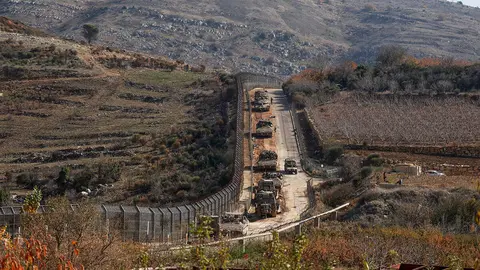Fear of a new large-scale conflict in Syria
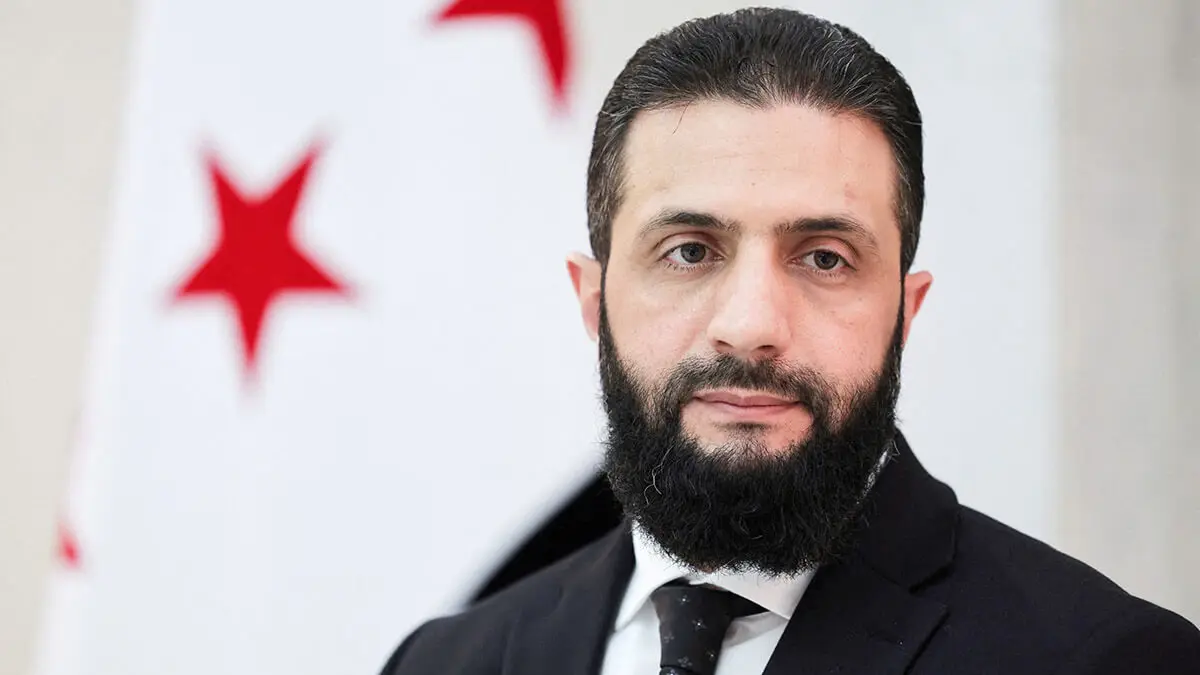
The Syrian government with Ahmed Al-Sharaa ended the ‘military action’ against the alleged ‘remnants’ of Bashar Al-Assad's former regime, which has lasted five days and claimed the lives of more than 1,500 people, according to information from the Syrian Observatory for Human Rights (SOHR), in what is the worst massacre since Al-Assad left power in December 2024.
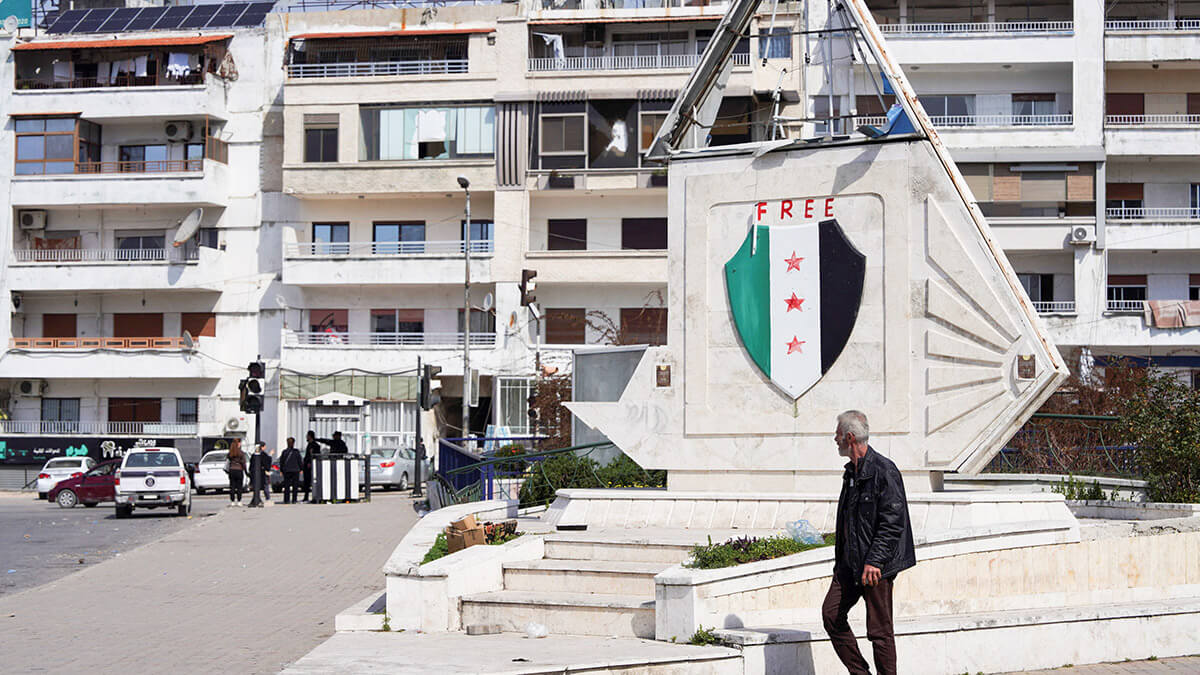
The vast majority of those killed belong to the Alawite faith, a sect separate from the Shia branch of Islam, to which the Assad clan belonged. Despite the intensification of the attacks during the last week, the first clashes took place at the end of December between the security forces and the Alawite community in Latakia and Tartus.
From a political point of view, Al-Sharaa considered that the assassinations in the areas where the Alawis reside are a clear threat to the reunification of the country.
‘We do not accept that a drop of blood be shed unjustly or that this blood be shed in vain without accountability or punishment,’ said the interim president of Syria, Ahmed Al-Sharaa. Going one step further, Al-Sharaa emphasised that he will punish those responsible, even if they ‘were ordered by those closest to him’.
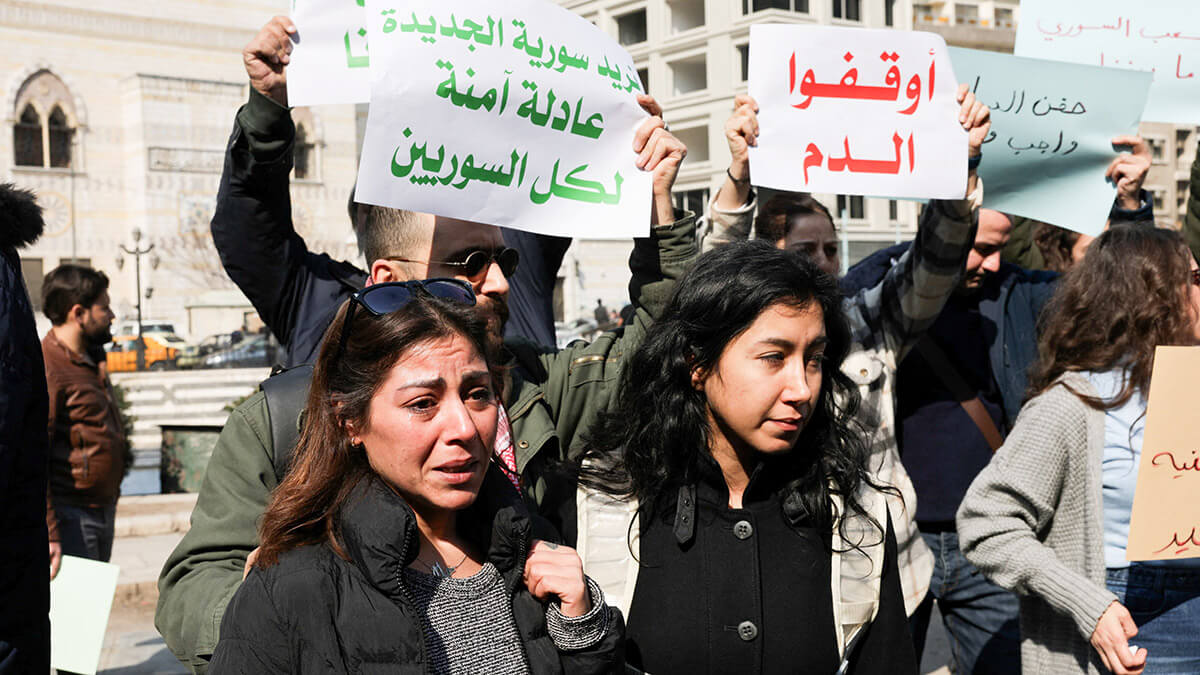
However, Syrian observers suggest that the president's words are a strategy to protect his image in the eyes of the West, as he tries to evade responsibility for the actions carried out by the military forces under his command.
‘What is useful for Sharaa is that the harsh Western comments did not reach the level of accusing him or those close to him, which provides an opportunity to bring them together in the West,’ Joshua Landis, Syria expert.
In this context, Ahmed Al-Sharaa and the commander of the Syrian Democratic Forces, Mazloum Abdi, signed an agreement to integrate all civilian and military institutions affiliated with Kurdish self-determination into the framework of a Syrian state, but the Kurds took advantage of the situation to consolidate their entry as a power partner with Al-Sharaa under conditions that promote and contribute to their political and economic interests. Meanwhile, Turkey is the one who maintains real control over the armed groups in Syria, despite al-Sharaa's attempts to demonstrate authority.
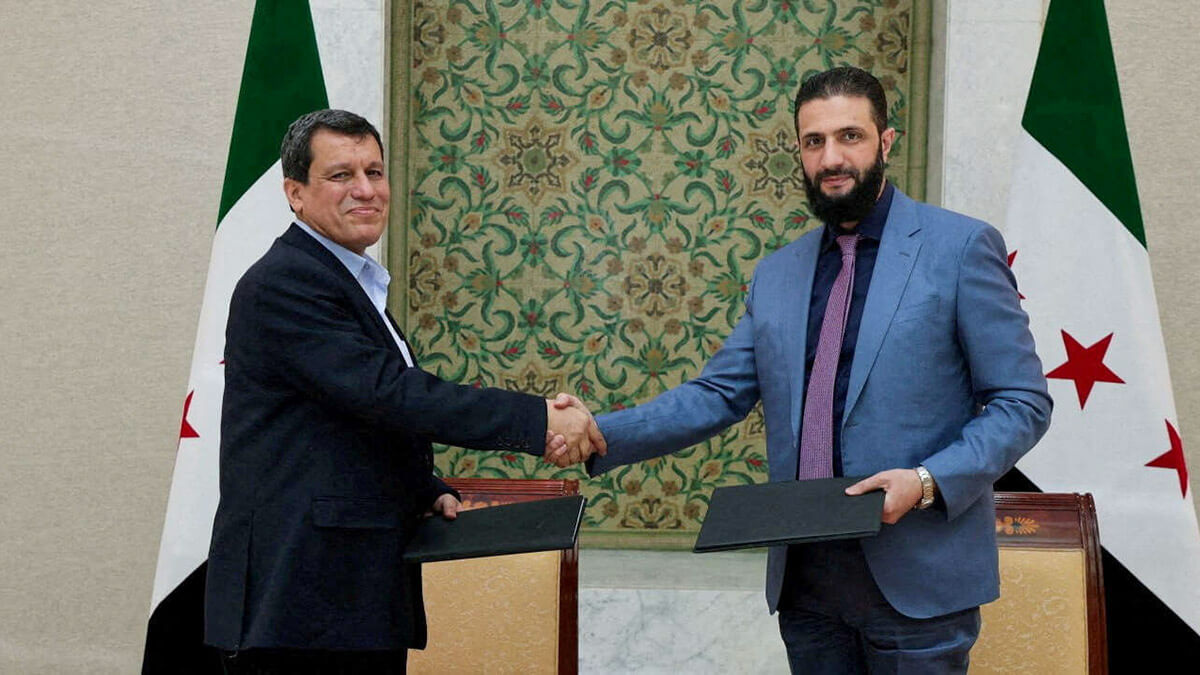
The lack of statements from European leaders gives the Syrian transitional president the opportunity to sort it out internally by forming a committee.
In contrast, the United States urged the Syrian authorities to hold accountable the alleged ‘radical Islamic terrorists’ who committed the crimes in Syria, and reaffirmed its support for the religious and ethnic minorities affected in Syria.
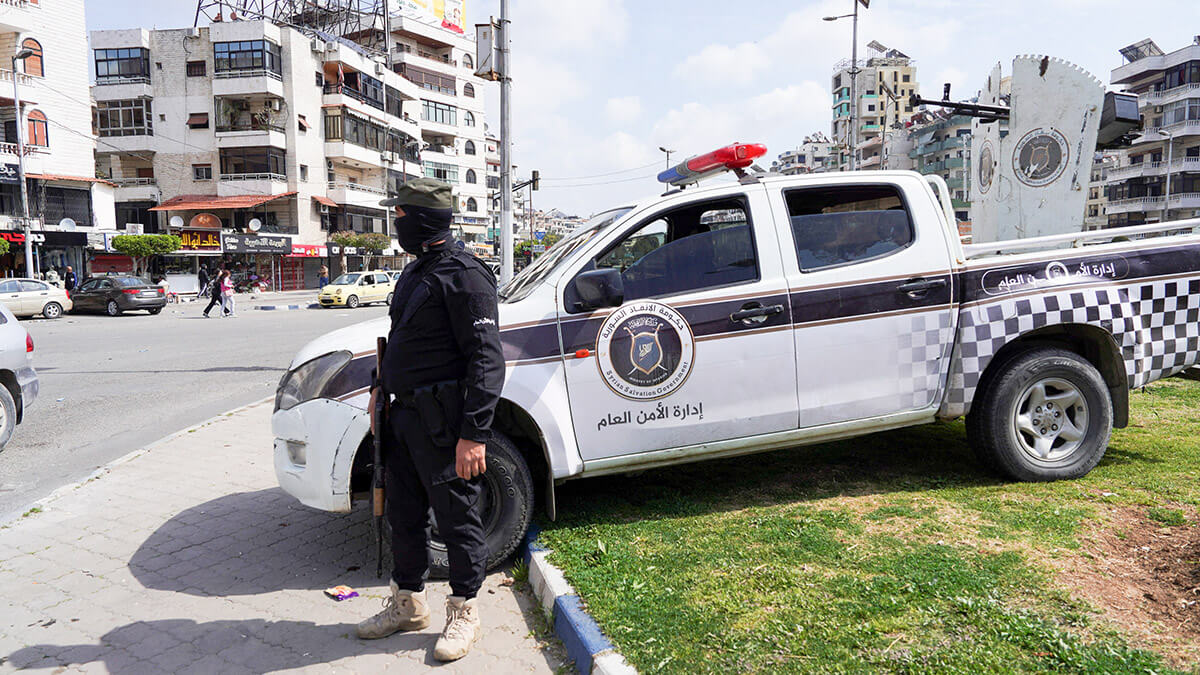
One of the main targets was the Islamic Republic of Iran, which has denied any kind of participation in the murders of thousands of Alawites, as well as rejecting international accusations of inciting violence in the attacks that took place in the coastal regions of Syria.
Al-Sharaa is caught up in a power struggle within Syria. With international pressure from Iran and Turkey, the reality of the country is that the violence is out of control and increasingly affecting its credibility and leadership. Although he tries to project a certain control and pragmatism, the situation hangs in the balance with a high risk of the sectarian conflict escalating.
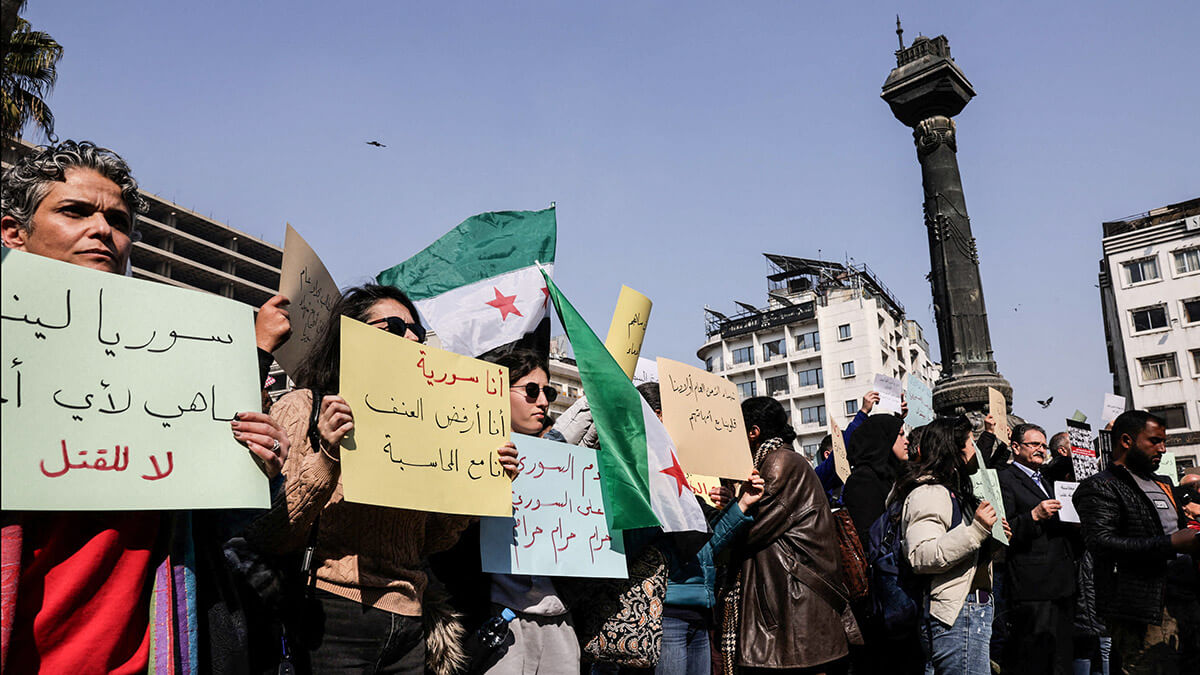
Ahmed Al-Sharaa described the events on the Syrian coast as ‘expected challenges’, in a gesture that has been interpreted as indifference to the seriousness of the events; and, by some observers, as a warning to insurgent forces that Syria is prepared for a possible large-scale conflict.
Far from calming the situation, Al-Sharaa's words have increased concerns about a possible new Syrian civil war. Since Al-Sharaa became president, many Syrians had hoped that the policies that would help to reshape the country would be based on conciliation and the promotion of forgiveness, rather than revenge.

